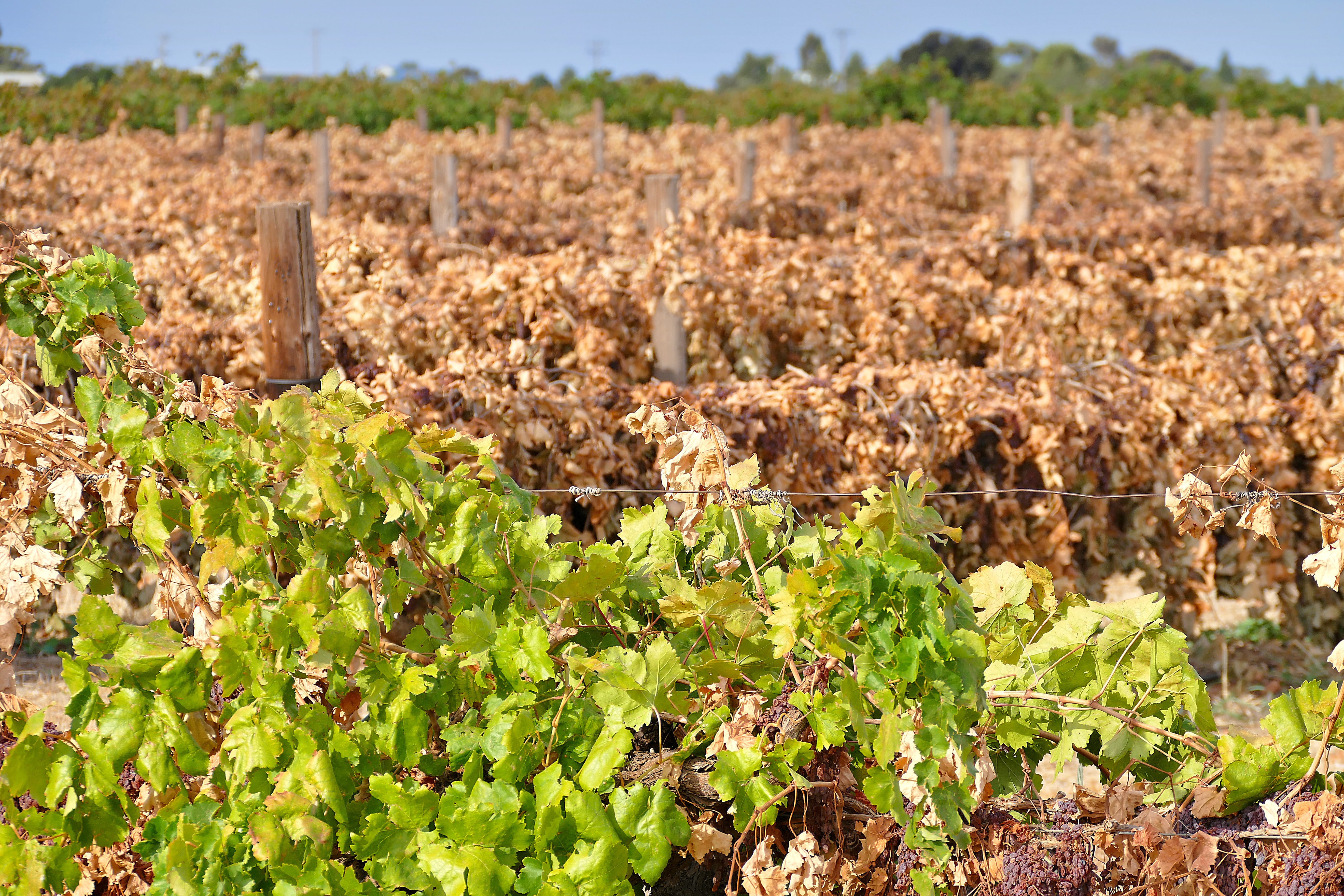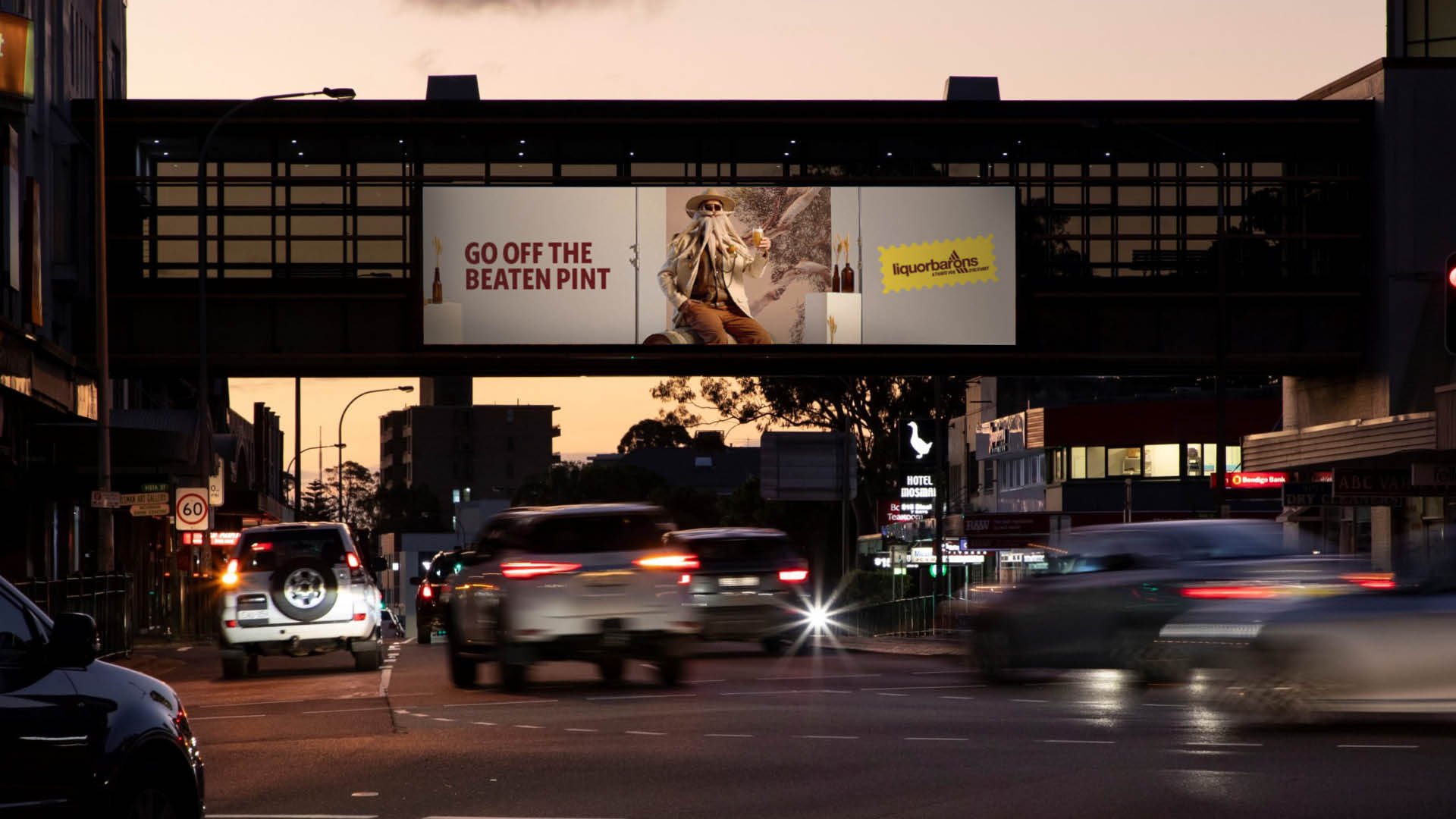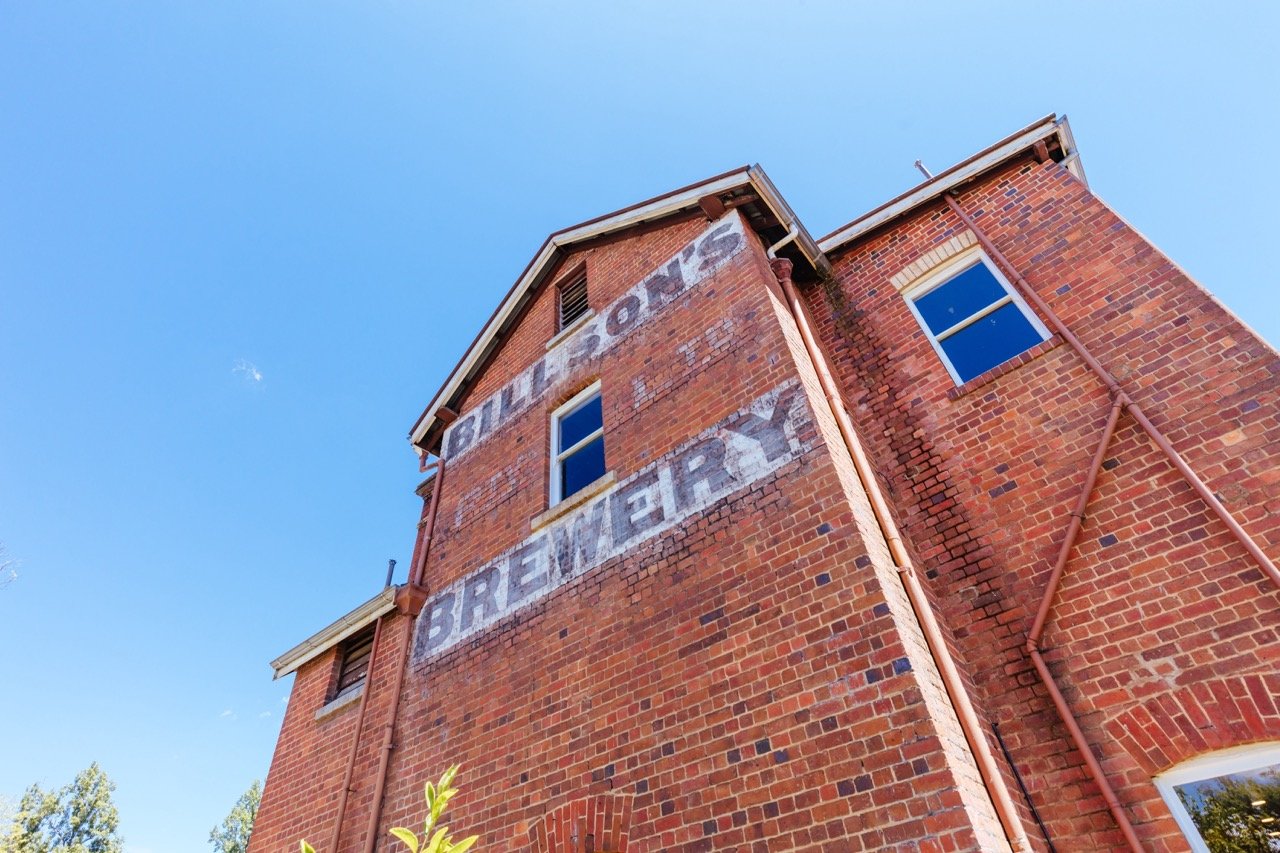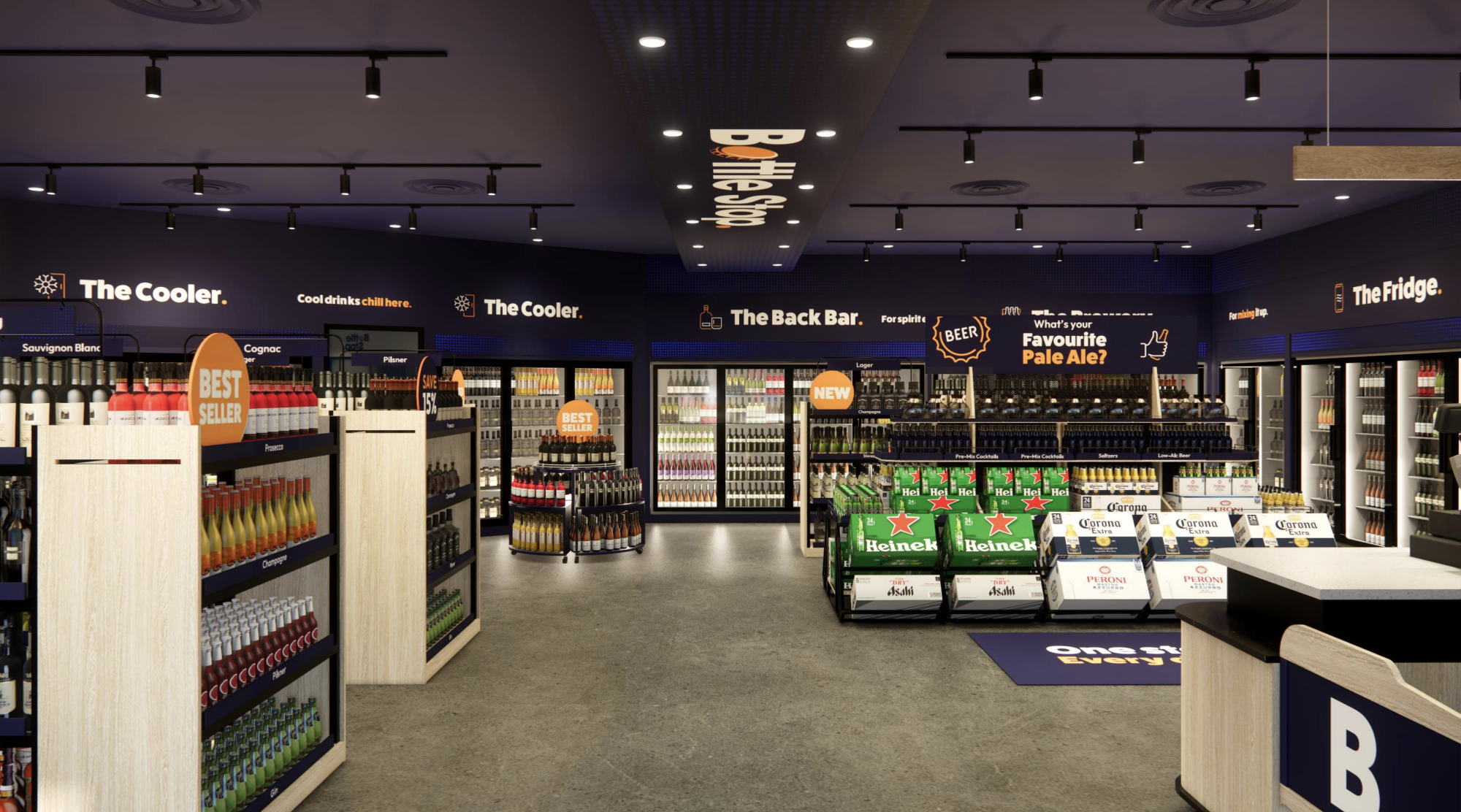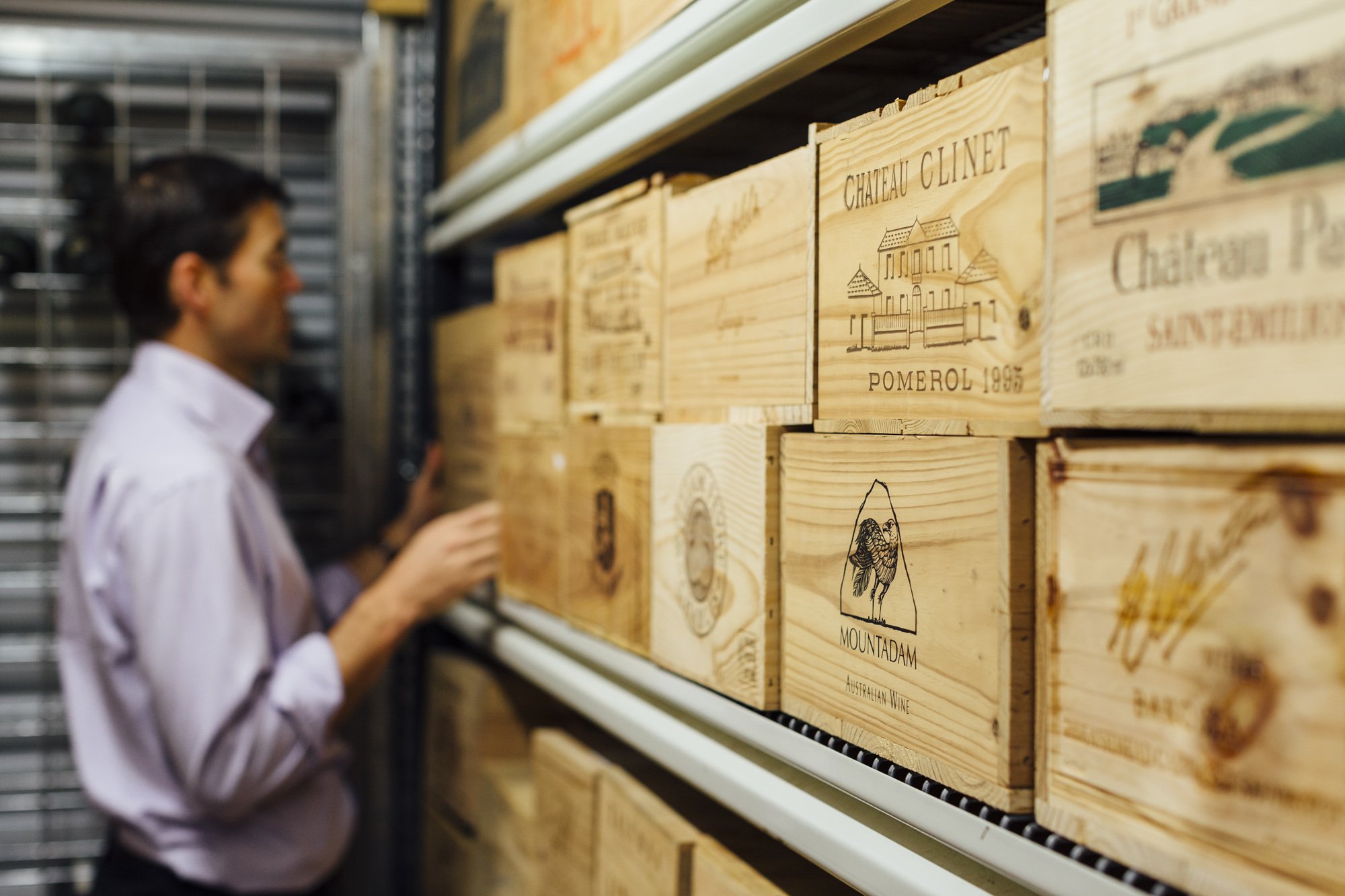On Wednesday, grape growers from South Australia’s Riverland region convened to discuss the now urgent need for short-term financial assistance.
The meeting, held in the Barmera, was organised by Riverland Wine in response to a state government request for a list of grape growers in need of assistance. More than 175 people attended the meeting, reflecting the widespread extent of the problem.
“Our growers need immediate crisis support,” said Lyndall Rowe, Executive Officer at Riverland Wine.
“We will be putting their suggestions to our local councils, the State Government and the Federal Government, and we are hoping our industry partners will support our calls to help save the nation’s largest grape growing region.”
The meeting comes at a time when wineries have been offering grape growers rates as low as $120 per tonne, less than half the cost of production. $120 per tonne is comparable to the region's standard rate in the 1970s.
“It’s not just our growers — as a viable and strong industry in our region, we create jobs for grape pickers, winemakers, wineries and local hospitality venues, transport providers, local retailers and more,” said Rowe.
“The flow on effects if our growers can’t run profitable businesses are significant and far-reaching.”
Worryingly, the causes of Riverland’s problems are the same as the national causes of Australia’s currently gloomy wine forecast, being the low grape prices and the cancelled contracts that have resulted from both a domestic and national oversupply of wine. Reduced consumption and the ongoing China wine tariffs have also contributed to the issue.
The resounding message at the Wednesday meeting, which was attended by Wine Australia CEO Martin Cole and Australian Grape & Wine CEO Lee McLean, was simple: Riverland grape growers are in need of urgent financial support otherwise they will no longer be able to stay afloat.
“The situation is desperate and there were some growers last night saying it was difficult putting food on the table, let alone pick grapes and try and sell them for a price which will cost them money, not earn them a cent,” said Rowe.
“It was clear they need support, while medium and longer-term strategies to raise the region’s profile, allow for succession planning and to reach new markets are helpful, they need immediate help.”
The meeting is the latest development in tensions in the Riverland region, with grape growers staging a protest earlier this month. The protest, which involved a convoy of tractors and trucks blocking traffic in the town of Renmark, was reportedly organised by a third-generation grape grower who believed the unsustainable business conditions are leading to a collapse of Riverland’s viticultural industry.
More recently, a Riverland grape grower told the ABC that many were actively trying to pay off their debts and walk away from the industry altogether.
According to Riverland Wine, Riverland’s 2023 harvest accounted for 34% of Australia’s total crush. Thus, if the current problem remains unsolved it will likely leave a significant dent in the industry moving forwards.
Share the content
